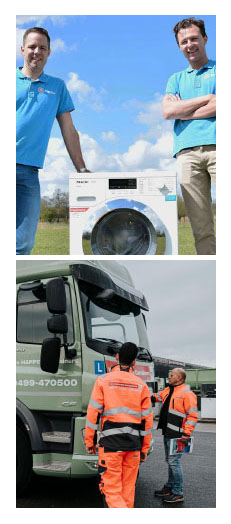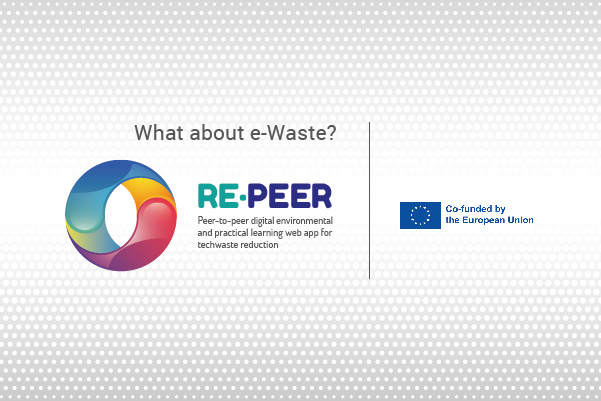
According to the European Commission, E-waste is one of the fastest growing waste streams in the European Union. Nowadays, waste management has become a challenge worldwide, globalization and mass production have diminished information sharing across the value chain, which have created several difficulties when wanting to acquire an optimal circular economy. In this article we will explore the E-waste management industry as well as its opportunities and how some Dutch companies are using digitalization to take advantage of this.
E-Waste is any electronic product or component which is considered to be obsolete, old, broken or unwanted and therefore discarded. The dilemma arises when we realize that these devices carry inside extremely toxic materials and substances which could eventually filtrate into the soil, or even contaminate local water supplies close to the landfills where they are junked. Sooner or later, this could lead to disastrous environmental catastrophes and threaten the health of civilians living nearby. However, not everything is bad news, some Dutch companies have been able to foresee this challenge and have transformed it into an opportunity to make a change. Many of these companies are investing in digitalization in order to improve the efficiency regarding the recycling, lifecycle and sustainability of these devices.
So, who are these companies and what issues are they tackling exactly?
As I previously mentioned, one of the main problems lies in the lack of communication amongst all stakeholders taking part in the product’s lifecycle. There is not sufficient information sharing, hence, entities such as repair shops, cannot guarantee the same quality as the primary manufacturer of the product, which then fosters an image of unreliability. Individuals will consequently prefer to buy a new phone instead of trying to fix it, in some occasions this option is even cheaper. Circularise, is a Dutch startup that implements Blockchain technology to improve communication across the value chain. It aims at connecting manufacturers, repairers, retailers, other stakeholders and even consumers, all together in the same cloud enabling an open communication channel and the storage of data for future reference.
Another example is Bundles, also a Dutch company which focuses on leasing home appliances through an online platform. Thanks to the IoT and smart algorithms the supplier can monitor the machine’s performance and identify possible problems so as to predict its maintenance. In the site you can explore different options and product conditions and opt to pay more or less according to them. Nowadays, most leasing companies are increasing their market share, as people do not want to take full responsibility on the possible breakdowns and depreciation the product may have. Allowing companies to undertake this duty ensures the optimal waste management of these devices.
Last but not least, Van Happen is another company based in The Netherlands. It specializes in using IoT and sensors on waste containers in order to track movements of WEEE (waste of electrical and electronic equipment), ensuring its efficient management. In the Netherlands, citizens have entry cards to access local collection points. This increases safety and reduces the need to keep personnel at all times. For this reason, using sensors and movement tracking technology can aid in the control of these facilities.
All in all, the first step into mitigating these potential environmental costs should be to raise awareness. Collaboration, communication and information accessibility are all key in the creation of an efficient circular economy, where E-Waste or any type of waste is minimal. Interconnecting all society’s stakeholders through the creation of new platforms and digital services seems to be the best solution for now, and we can clearly observe that The Netherlands is currently doing a great job.
Nefinia · www.nefinia.eu

